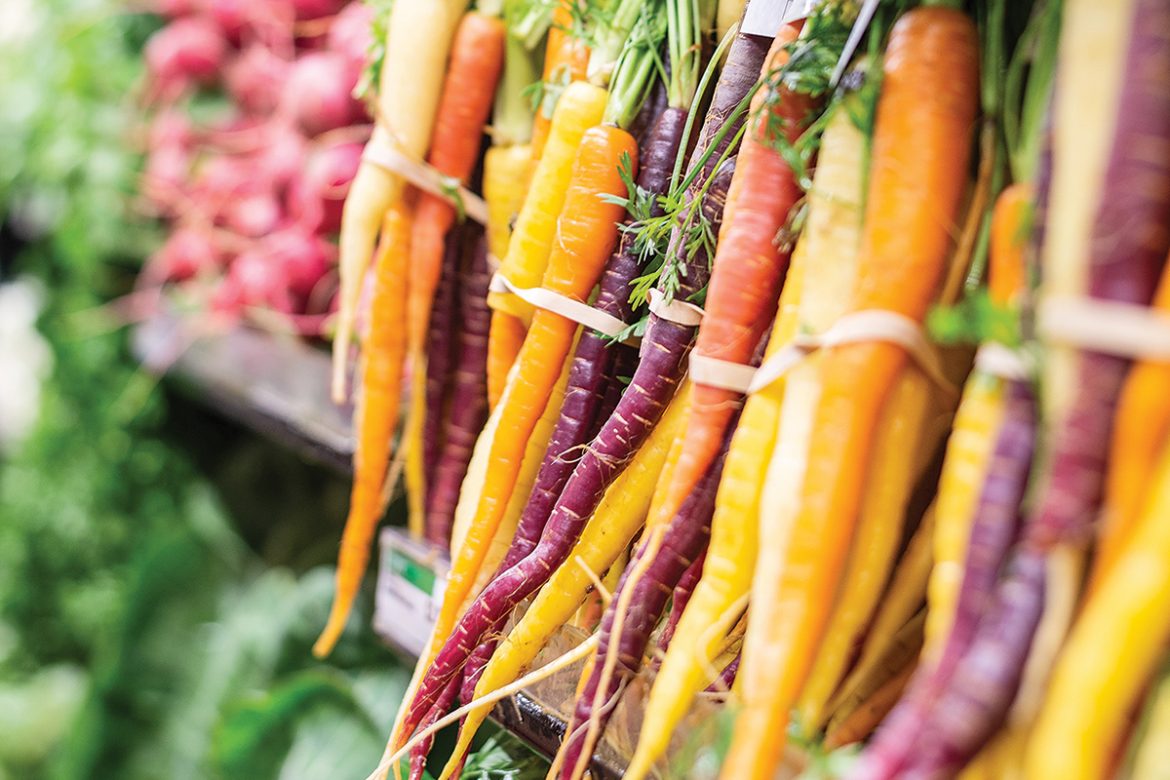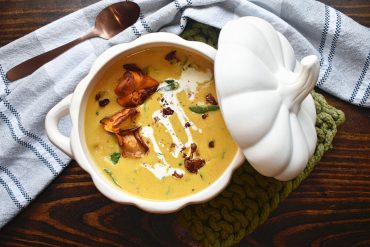adjective: Produced or involving production without the use of chemical fertilizers, pesticides, or other artificial agents.
Organic, non-GMO, all-natural.
Terms like these are thrown around all the time, but what do they really mean?
The USDA says, “Produce can be called organic if it’s certified to have grown on soil that had no prohibited substances applied for three years prior to harvest. Prohibited substances include most synthetic fertilizers and pesticides.” But still this leaves us with a lot of questions, such as: Where can we find organic food? How much of a difference do fertilizers make? Is non-organic food unhealthy?
We talked with local restaurant owner of Makin’ Groceries, Lauren Turner to find out what matters and she says, “Organic does matter, but honestly what matters more is non-gmo fortified, antibiotic-free, no artificial flavors, colors, or preservatives and, of course, locally grown.”
Often it’s hard to find pre-made food that is truly organic or without all the harmful chemicals described by Turner. She says, “We make everything in-house, so those factors are naturally eliminated because we know every ingredient.”
Knowing the ingredients in your meals will allow you to keep your food as clean as possible. By buying organic, non-GMO raw materials such as fruits, vegetables, meat or seafood from local sources, you can make anything you’d like and avoid harmful preservatives, dyes, and antibiotics.
When asked for a recommendation of where to buy organic produce, Turner says, “For individuals looking for a local farm to support, Two Dog Farms in Flora, Mississippi is our favorite!”
By buying food from local farmers, you not only support the community, you can also improve your health by eating high quality and organic products.
Produce Checklist:
• Is it organic?
• Is it non-GMO?
• Is it dye free?
• Is it free of antibiotics?
• Does it have all-natural flavors?
• Is it locally sourced?
By answering these questions with a “yes,” you can eliminate other foods that don’t meet the criteria for food you’d want to put in your body or in the people you love. By making this distinction, you help your community, promote longevity, and make your body and mind happy.





